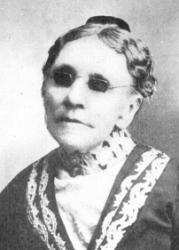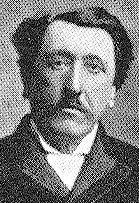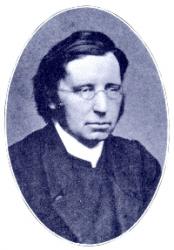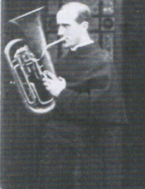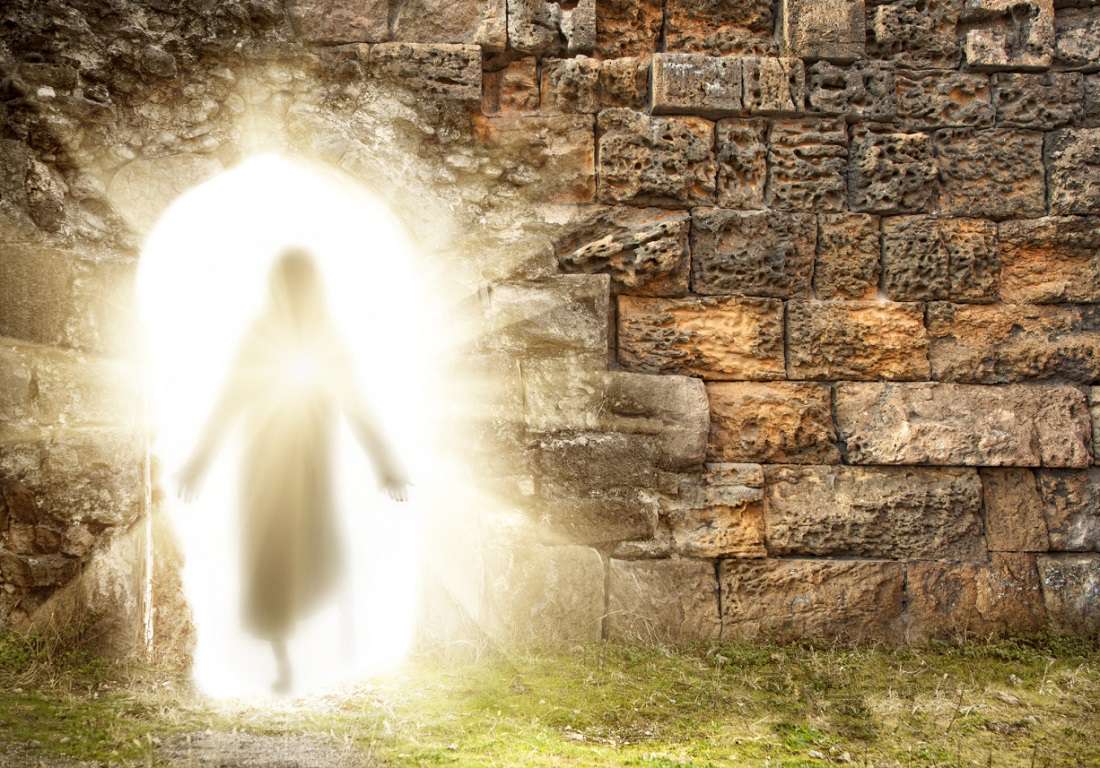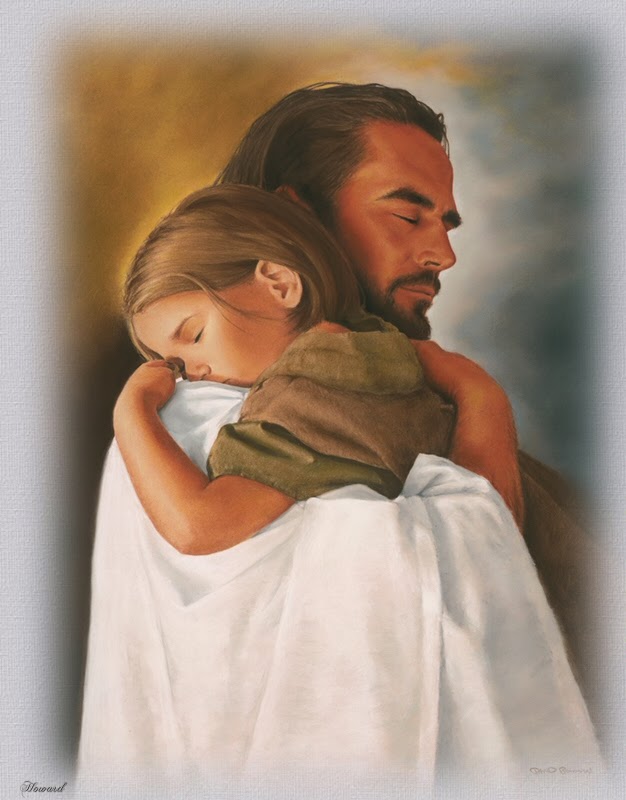Come, Ye Disconsolate
By Thomas Moore
Lyrics
come to the mercy seat, fervently kneel.
Here bring your wounded hearts, here tell your anguish;
earth has no sorrows that heaven cannot heal.
hope of the penitent, fadeless and pure!
Here speaks the Comforter, in mercy saying,
"Earth has no sorrows that heaven cannot cure."
forth from the throne of God, pure from above.
Come to the feast prepared; come, ever knowing
earth has no sorrows but heaven can remove.
Bible Reference
Matthew 11:28
About This Hymn
"Come, Ye Disconsolate" is a tender and deeply comforting hymn that speaks to the brokenhearted and weary, offering the invitation of Christ to bring every sorrow to the mercy seat of God. Originally penned by the Irish poet Thomas Moore in 1816, this hymn was later revised and given its now-familiar form by American composer Thomas Hastings. The result is a hymn that has brought solace to generations of believers with its gentle call to those burdened by grief, disappointment, or despair.
The hymn’s message is rooted in the gracious invitation of Christ found in Matthew 11:28, where He promises rest to the weary and heavy laden. Each stanza reinforces the idea that no matter the depth of sorrow or the pain of life’s trials, there is hope, healing, and peace in the presence of God. The first line, "Come, ye disconsolate, where’er ye languish," sets the emotional tone of the hymn, acknowledging the realities of human suffering, while pointing toward divine consolation.
What distinguishes this hymn is its poetic richness and theological depth. The refrain, "Earth has no sorrow that heaven cannot heal," encapsulates the gospel promise that eternal hope awaits even the most anguished soul. It reflects the Christian belief that all present pain will one day be redeemed and made right in the presence of God. Hastings’s revised text softened Moore’s more poetic but less doctrinal phrases, resulting in a hymn more suitable for church worship while retaining its emotional power.
Musically, the hymn is often paired with the tune “Consolator,” composed by Samuel Webbe, which matches the words with a gentle, flowing melody that enhances the message of comfort and peace. The hymn has been sung at funerals, prayer meetings, and times of national or personal mourning, where its tender assurance brings spiritual rest to troubled hearts.
Beyond personal comfort, the hymn gently reminds the church of its call to minister to the suffering. It invites the congregation to embody the compassion of Christ and to be instruments of His healing. By pointing the disconsolate to the throne of God, it aligns with the pastoral ministry of Jesus, who healed the brokenhearted and lifted the downcast.
"Come, Ye Disconsolate" endures because it gives voice to the universal human experience of sorrow while lifting the heart to the eternal hope found in Christ. It is a hymn that does not ignore pain but meets it head-on with the invitation of grace. For every believer walking through grief, uncertainty, or weariness, this hymn is a gentle reminder that God’s mercy is always open, and heaven holds healing for every sorrow earth can bring.
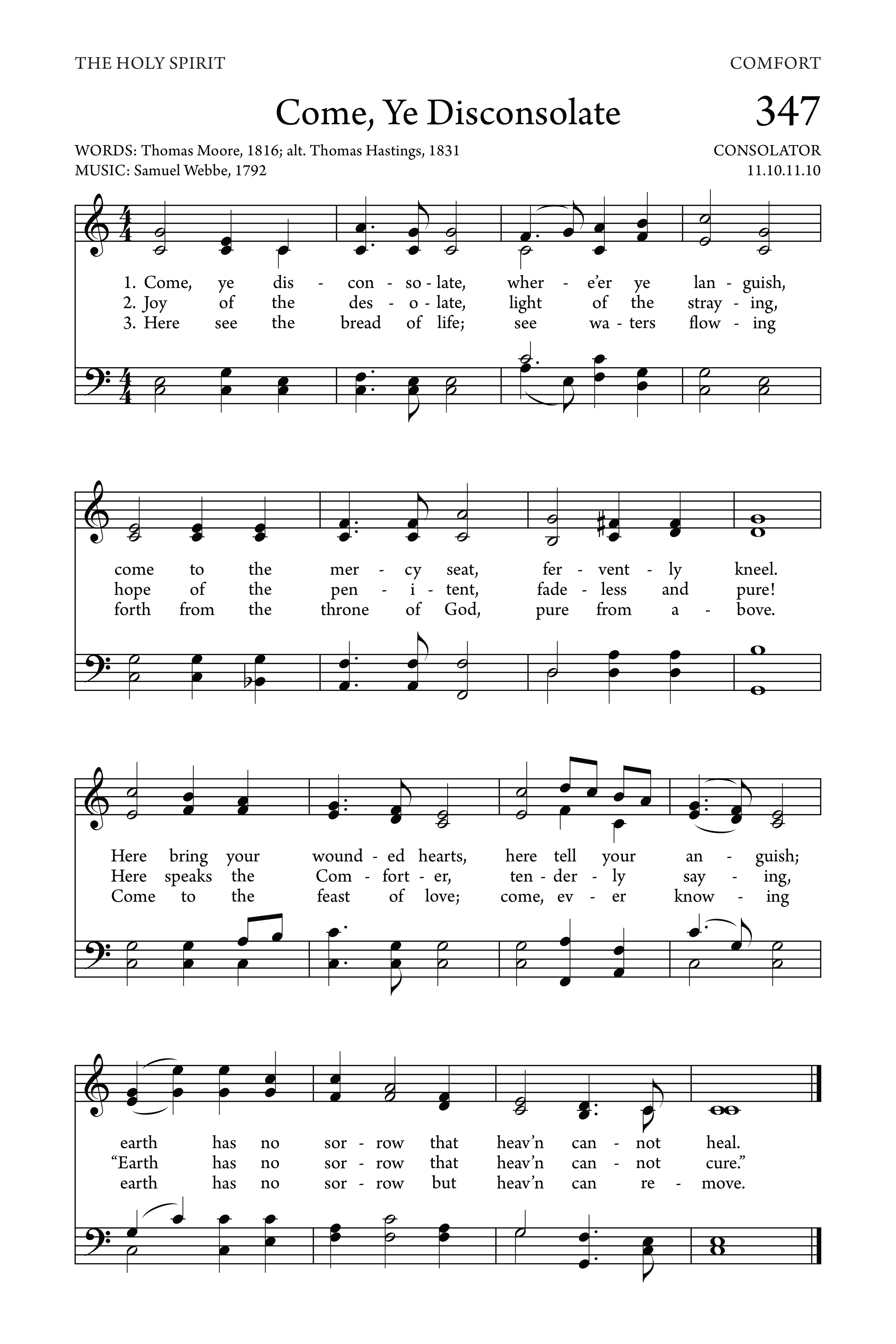

📬 Subscribe to Our Devotional Updates
Receive weekly hymns, devotionals, and website features directly in your inbox.
⭐ Recommend This Hymn
Share this beautiful hymn with others
This hymn is found in these hymnals
Open the hymnal that contains this hymn:
Latest Updated Hymnals
-
Open
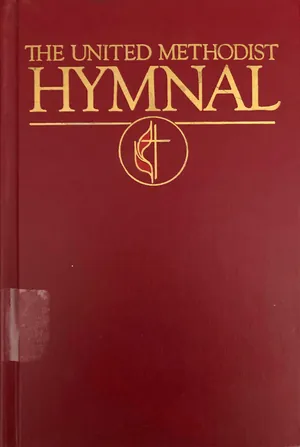 The United Methodist Hymnal (UMH)Updated Mar 02, 2026 · 1989
The United Methodist Hymnal (UMH)Updated Mar 02, 2026 · 1989 -
Open
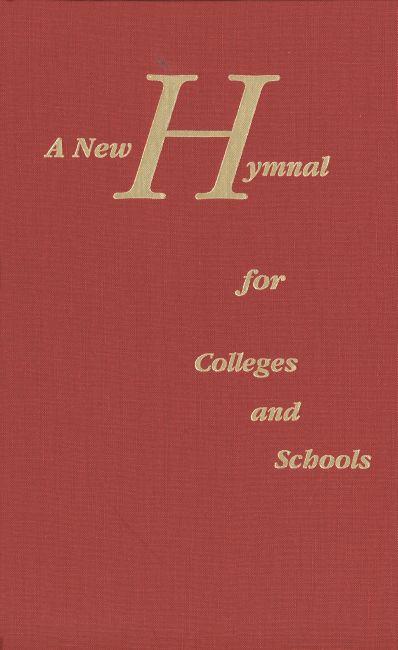 A New Hymnal for Colleges and SchoolsUpdated Mar 02, 2026 · 1992
A New Hymnal for Colleges and SchoolsUpdated Mar 02, 2026 · 1992 -
Open
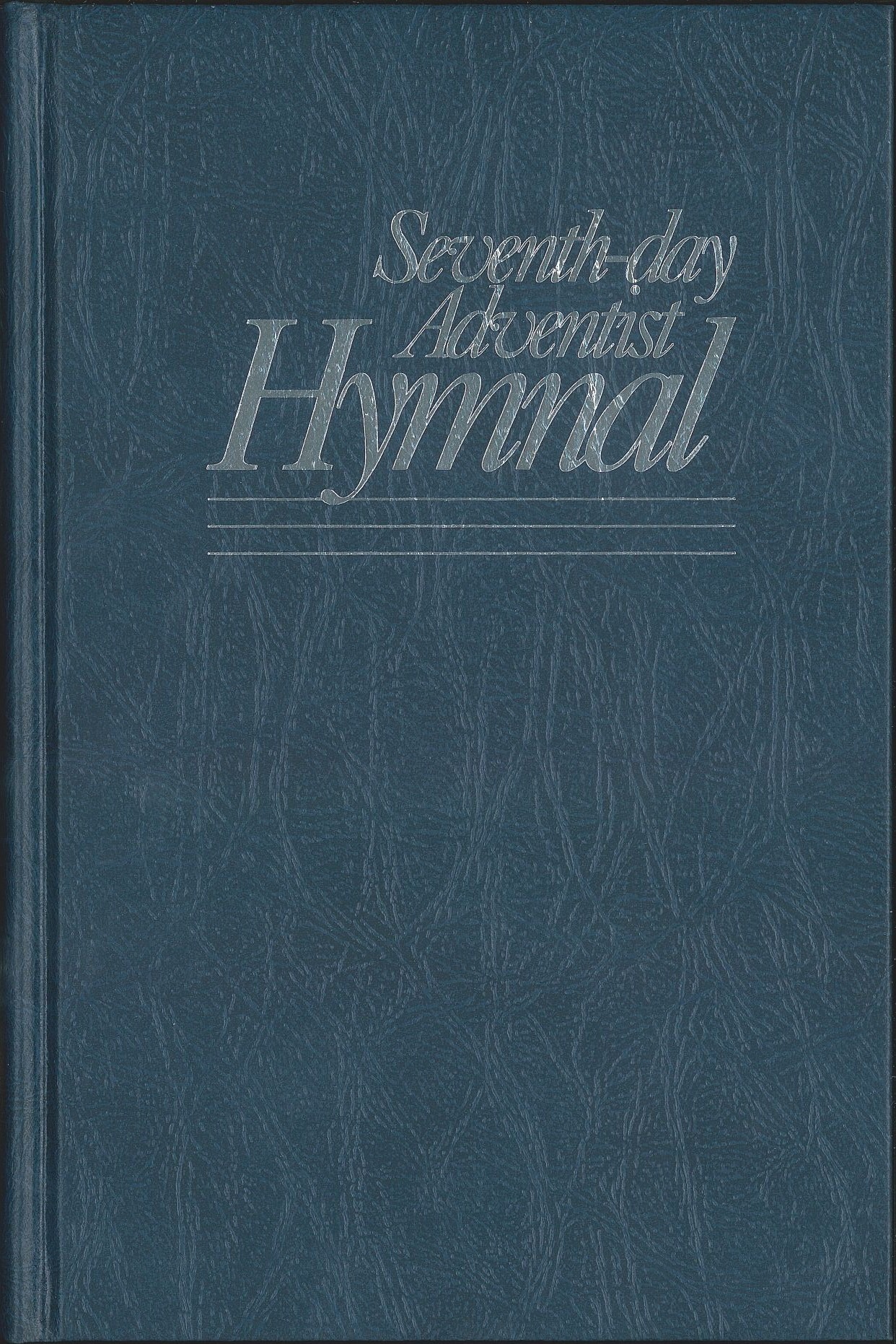 The Seventh-day Adventist HymnalUpdated Mar 02, 2026 · 1985
The Seventh-day Adventist HymnalUpdated Mar 02, 2026 · 1985 -
Open
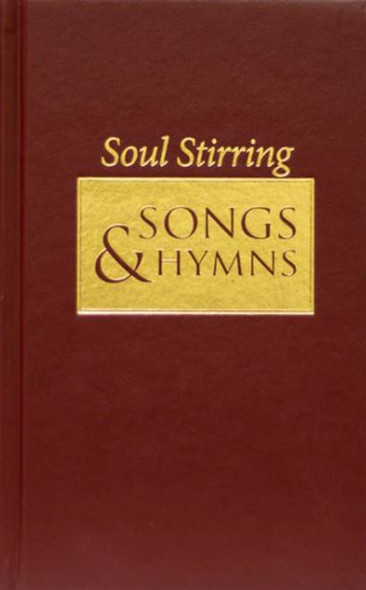 Soul-Stirring Songs & HymnsUpdated Mar 02, 2026 · 1989
Soul-Stirring Songs & HymnsUpdated Mar 02, 2026 · 1989 -
Open
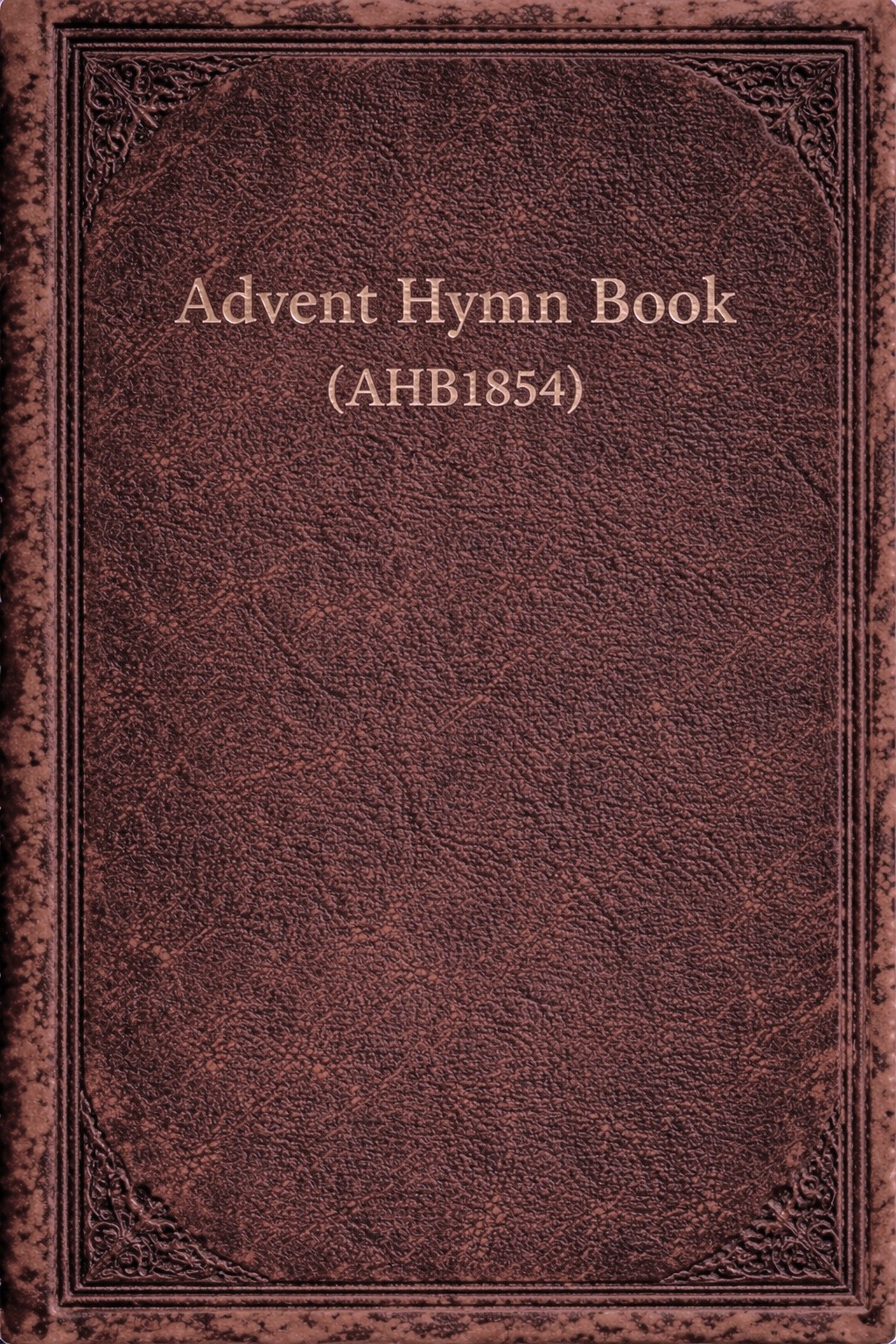 Advent Hymn Book (AHB1854)Updated Feb 25, 2026 · 1854
Advent Hymn Book (AHB1854)Updated Feb 25, 2026 · 1854
Hymn Information

- Category: Hymn
- Author/Writer: Thomas Moore (1831)
- Added: July 22, 2025
- Last Updated: July 22, 2025
- Views: 1268
To view the author's biography, click their name above.
MIDI File
More Hymns by Thomas Moore
Popular Hymns
Recent Blog Posts
Popular Blog Posts
Visit Us on Social Media
Latest from X (Twitter)
Tweets by HymnalLibraryLatest from Facebook
Latest on YouTube
Daily Bible Verse
Disclaimer
The hymns, sheet music, MIDI files, and related content on this website are provided for educational and research purposes only.
- Public Domain: Many of the hymns featured here are in the public domain and may be freely used.
- Copyrighted Works: Some hymns may still be under copyright protection. Where applicable, permission has either been requested from the copyright owner, or the content is shared under the principles of fair use for educational purposes.
⚠️ Important Notice: If you wish to reproduce, distribute, or use any copyrighted hymn beyond personal study or educational use, you must obtain permission directly from the copyright holder. This website does not grant any rights for commercial use yet.
If there is any other question please address it to us in our Contact Page, for further assistance. Thank you for using the site. May God Bless You.

